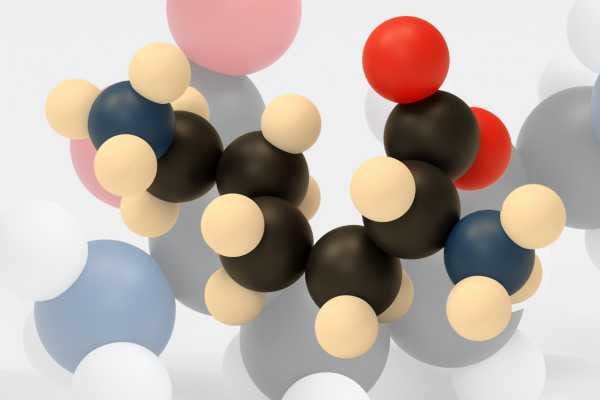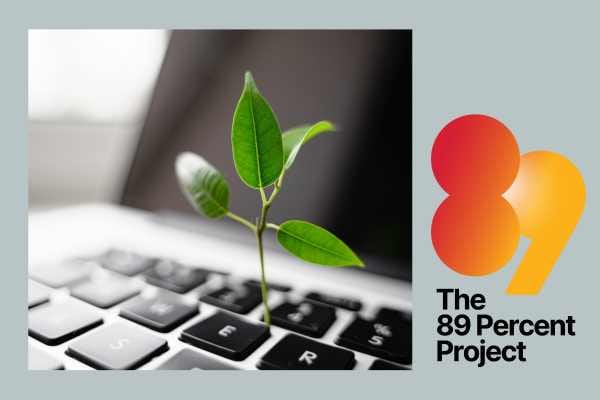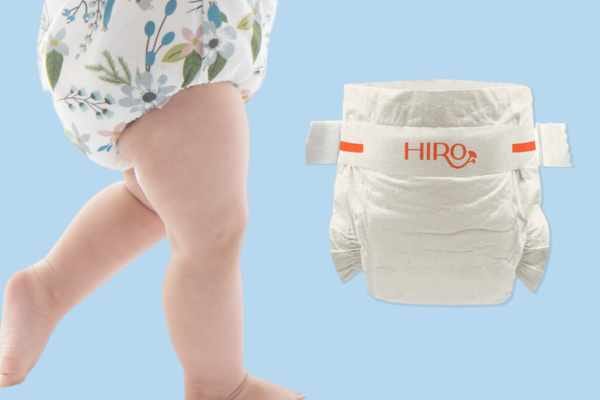Green light for plastic-eating enzymes
It’s one of the largest enviro-tech investments to date in Australia and its goal: the infinite recycling of plastic.

The infinite recycling of plastic could transform our planet and the Australian startup pursuing this goal has secured hefty backing.
In February the world's first enzymatically-recycled nylon garment was unveiled by Canadian activewear brand Lululemon in partnership with Australian cleantech startup Samsara Eco
Now, thanks to a major capital raising, the startup is set to expand its library of enzymes so they can be used not just in fashion but in the automotive, electronics, and consumer packaged goods industries.
Samsara's tech transforms plastics down to their core monomers – the molecular building blocks of plastics – from which new products can be created over and over in a process that eliminates the need to keep producing new plastic.
Conventional recycling methods can, in contrast, only recycle plastic a few times before it loses its integrity. Because Samsara Eco’s process turns plastics into resin beads with no structural degradation, manufacturers can reuse it to create new synthetic fibres and food-grade plastics.
The AUD$100 million Series A+ funding is one of the largest enviro-tech funding announcements in Australia to date, and the cash injection will help Samsara Eco construct commercial facilities in Southeast Asia. Tonnes of plastic waste including discarded textiles and product packaging will be recycled.
“We’re on a mission to end plastic waste and with it, repair our climate.”
Ultimately, Samsara Eco’s goal is to recycle all forms of plastics, says its founder and CEO Paul Riley.
"Plastics have been an environmental disaster with almost every piece of the nine billion tonnes ever made still on the planet. But almost all plastic is reusable and recyclable with the right technology.
“We’re on a mission to end plastic waste and with it, repair our climate,” he says. “We’ve already made significant traction in the textile space but this is just the beginning.”
The latest funding round was led by global investment company Temasek and Australian deep tech investment fund Main Sequence, as well as new and existing backers including Wollemi Capital, lululemon, Hitachi Ventures, Titanium Ventures (formerly Telstra Ventures) and DCVC. This builds on $56 million in Series A funding in 2022.
The company operates a proof-of-concept facility at Mitchell, ACT, and construction of an innovation campus is underway in Jerrabomberra, NSW.
Samsara Eco launched in 2020 and in collaboration with the Australian National University developed an enzymatic technology that recycles plastics. The process can break down used plastic into its original chemical building blocks, which means it can be recycled over and over without degradation. Samsara Eco’s patented recycling technology is called EosEco and it uses a combination of biophysics, chemistry, biology and AI to create its enzymes. EosEco reduces the end-to-end recycling time, while also operating at a lower temperature and pressure to ultimately reduce waste and carbon emissions.





